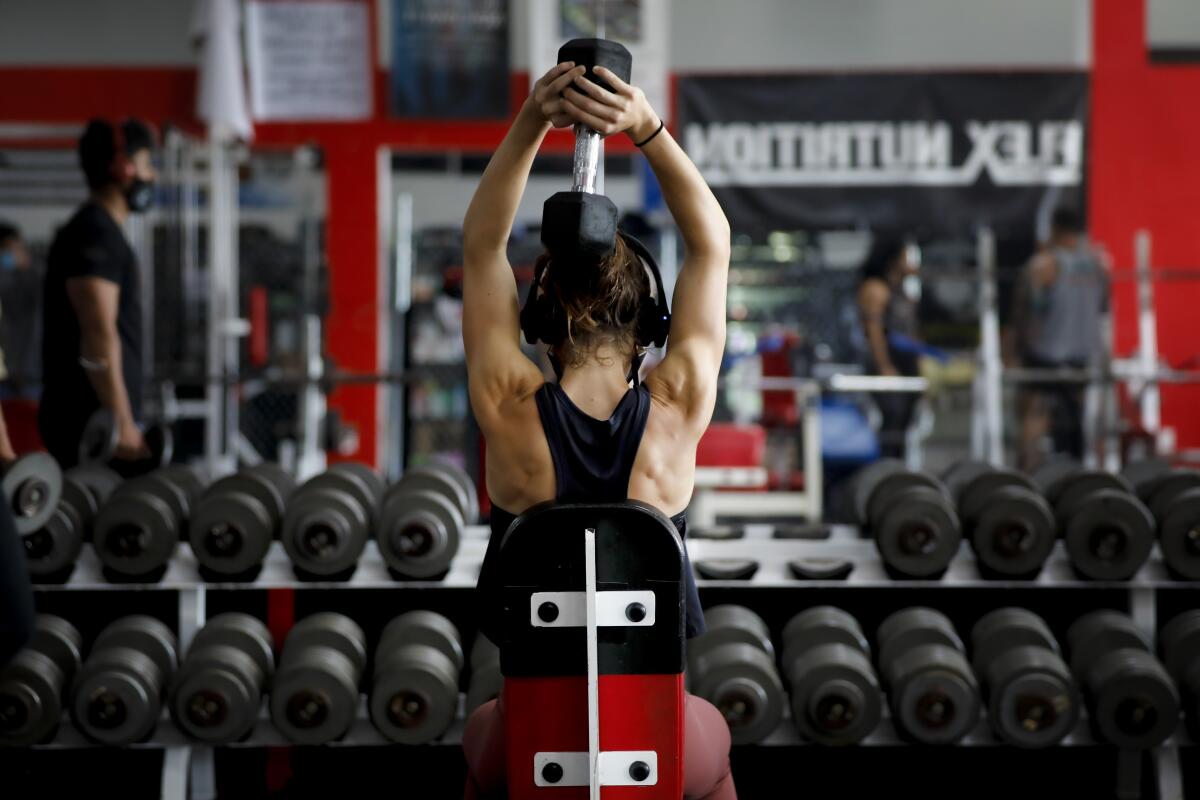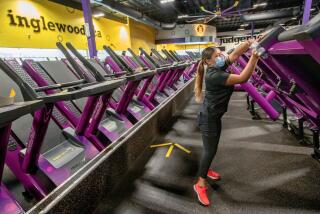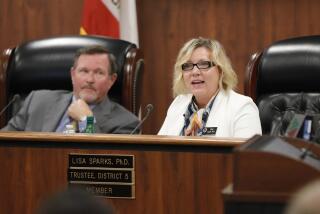Fitness centers sue San Diego County, state officials over COVID-19 restrictions

SAN DIEGO — Twenty-five more fitness centers are suing San Diego County and state officials over coronavirus-related restrictions that prevent them from operating indoors — regulations they say violate their constitutional rights and the rights of their members.
The suit joins several others that have been filed on behalf of dozens of entities, from churches to strip clubs, that have chosen to push back against sweeping state and county regulations in court.
The complaint, filed Dec. 23 in San Diego County Superior Court, is directed against Gov. Gavin Newsom; Dr. Wilma Wooten, San Diego County’s public health officer; and the California Department of Public Health, among others.
Like those before it, the lawsuit seeks an injunction that would allow the fitness centers to resume indoor operations while preserving some health and safety regulations set by the county.
“Gyms are a place where people go to maintain and improve their mental and physical health. And good health equals good immune systems, which help us fight off sickness,” said Charlotte Najar, one of the attorneys representing the fitness clubs. “To take that ability away seems counterintuitive when we’re battling a disease.”
Under current restrictions, gyms can operate only outdoors. Though that’s more than some businesses are allowed under the state’s most recent stay-at-home order, it’s not enough, said Artem Sharoshkin, chief executive of the Boxing Club, one of the gyms named in the suit.
The complaint charges Peter San Nicolas with 5 misdemeanors for refusing to close his Ramona Fitness Center.
Sharoshkin said he didn’t hesitate to close the doors of his business after the state’s first stay-at-home order. At one point, he ended up converting one of the club’s locations into office space so out-of-work residents could have a place to fill out unemployment forms.
But then came another set of regulations, and then another. Although the gym was, at times, allowed to operate outdoors, many of the amenities the Boxing Club offers weren’t available outside.
“It’s really tough for us to deliver luxury when we’re operating out of a parking lot in East Village with a barbed-wire fence,” Sharoshkin said.
Sharoshkin, 34, and other fitness center owners feel that gyms aren’t the super-spreader locations they were once feared to be.
Since March 25, 17 outbreaks have occurred at gyms and fitness centers — a far cry from the 316 at business locations across the county. Since June, less than 1% of people who were interviewed by the county after testing positive for the coronavirus said that they had been at a gym in the two weeks before they started to feel sick.
Additionally, the county filed an adjudication request with the state last month asking for a reprieve from restrictions associated with the state’s most-restrictive purple tier, arguing that San Diego’s increasing case totals were not caused by “the sectors impacted by moving into a more restrictive tier.” Gyms were among those sectors.
Sharoshkin said that while he and others in the fitness industry feel they should be able to open, they want to do so safely. Najar, his attorney, said many gyms are already going above and beyond what county and state officials have mandated.
“We should be able to have a conversation about reopening businesses while still keeping customers safe,” Sharoshkin said.
Winkley writes for the San Diego Union-Tribune.
More to Read
Sign up for Essential California
The most important California stories and recommendations in your inbox every morning.
You may occasionally receive promotional content from the Los Angeles Times.











